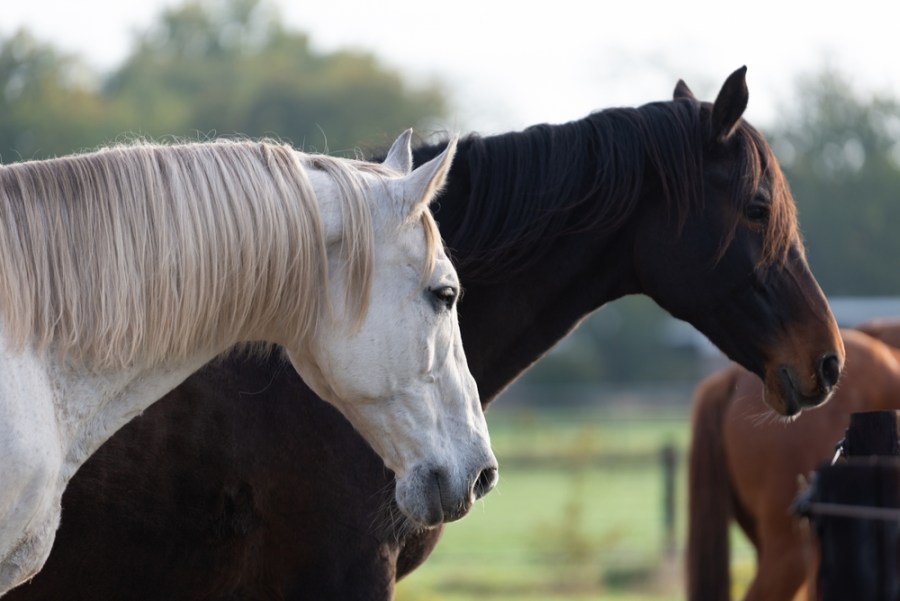New research carried out by the University of Glasgow has discovered that horses in Asia have been infected with avian flu. These infections have been occurring in horses undetected.
Antibodies for avian flu, more commonly known as bird flu, were found in blood samples taken from horses in two regions in Mongolia. One was a wetland area which is home to many wild birds; the other was a dry area with a low bird density.
The disease has been known to affect other mammals and also, occasionally, humans. While it is not common for humans to be infected with avian flu, there can be serious consequences if they are.
The latest study, which was undertaken by the MRC-University of Glasgow Centre for Virus Research alongside a team of scientists from countries including the US and Mongolia, comes as concerns have been raised about the rapid spread of avian flu in dairy cattle in the US since March 2023.
No symptoms
According to the research, there were no reports that the horses in the study had experienced recent outbreaks of respiratory disease. It concluded that the horses who tested positive for bird flu antibodies may have experienced asymptomatic infections.
It is already well known that horses carry equine flu. As a result of researchers discovering they can also be infected with avian flu, there are calls for horses to be monitored to help prevent the viruses combining.
“Horses, too, have their own influenza strain, known as equine influenza, which is endemic in North America,” said Professor Pablo Murcia, lead author of the study from the MRC-University of Glasgow Centre for Virus Research.
“With the rapid spread of avian influenza among cattle in the US, the likelihood of horses coming into contact with infected cows, and the chances of horses becoming co-infected with both avian and equine influenza viruses, may increase.
“This raises the risk of generating novel viruses with unknown pathogenicity, potentially posing a threat not only to horses but to other mammals, including humans.”
Avian flu is primarily spread between wild birds, such as ducks and gulls. However, it can also infect farmed and domestic birds like chickens and turkeys.
The results of the latest study have been published in the journal Emerging Infectious Diseases. See the research in full here.
Main image © Shutterstock









